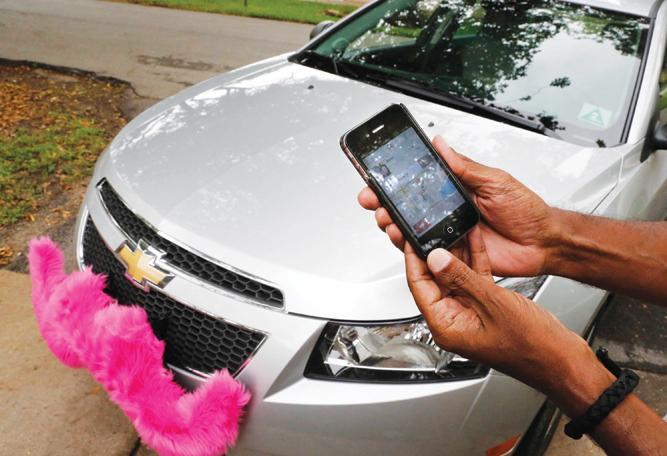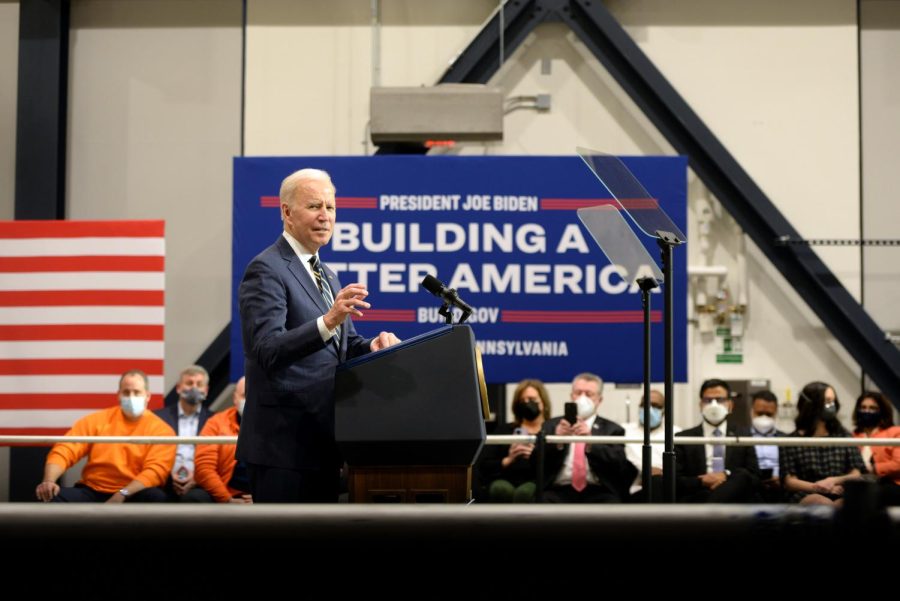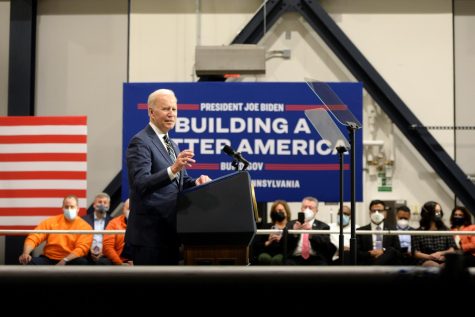PUC grants emergency authority for ride-sharing services
July 25, 2014
Students can expect to see more pink mustaches driving down Forbes Avenue when they return to campus in a few weeks.
Pennsylvania Public Utility Commission granted emergency temporary authority to ride-sharing services on July 24 after previously issuing citations to these companies after they operated for months without permission.
Lyft, whose cars sport pink mustaches on their front bumpers, and Uber offer rides to individuals who request them via the companies’ smartphone apps. Users can request cars in real time and pay a distance-relative fee for transportation services. Both services were developed in San Francisco — Uber was founded in 2009 and Lyft in 2012.
Lyft and Uber have been providing services in Pittsburgh since February. The companies have been in an ongoing process for the legal right to operate in Pittsburgh since April, when they applied for permanent authority.
Because their requests for permanent authority are still pending, the PUC granted emergency temporary authority, which lasts 60 days. PUC spokeswoman Jennifer Koecher said Uber applied for emergency authority on July 2 and Lyft applied on July 16.
After 60 days, Lyft and Uber may reapply for another ETA, according to Koecher. A hearing concerning the services’ applications for permanent authority is expected to occur this fall, Koecher said.
Sean Heuer, a driver for Lyft in Pittsburgh, said he thinks the decision to give Lyft and Uber emergency authority is “awesome.”
“I went from being a sales associate and truck driver to doing this full-time,” Heuer said.
Heuer, 30, said he makes $1,200 a week by working for Lyft. According to Lyft’s website, drivers earn an average of $800 working 40 hours a week.
Heuer, a father of five, said driving for Lyft enables him to spend more time with his children.
Despite the cease and desist orders issued, both companies continued to operate in Allegheny County, risking citations and fines if caught.
Compliance with the 60-day grant requires Lyft and Uber to file proof of their insurance policies and a rate structure with the PUC. The PUC also forced the services to provide the primary coverage for their drivers and reduced the maximum age of the vehicles drivers can use.
Ride-sharing services have received a lot of support in Pittsburgh. Heuer said he attended several rallies and signed petitions in support of Lyft and Uber.
Pittsburgh Mayor Bill Peduto also publicly supported the ride-sharing services. He tweeted a ‘thank you’ to the PUC when the ETA was granted.
Temporary approval in Pittsburgh marks a double victory for Lyft. As of July 25, the company will launch in New York City after the city’s Taxi and Limousine Commission granted the service authority to launch a beta-operation.
Heuer said he is grateful that his full time job is legal — for now.
“People are always resistant to change, but the PUC saw that there was a big push from the people,” Heuer said.








